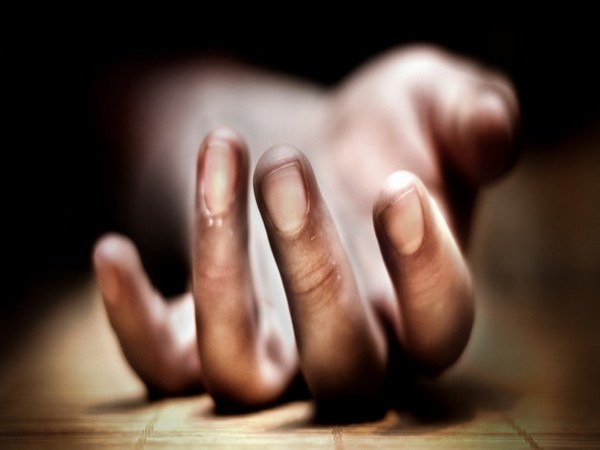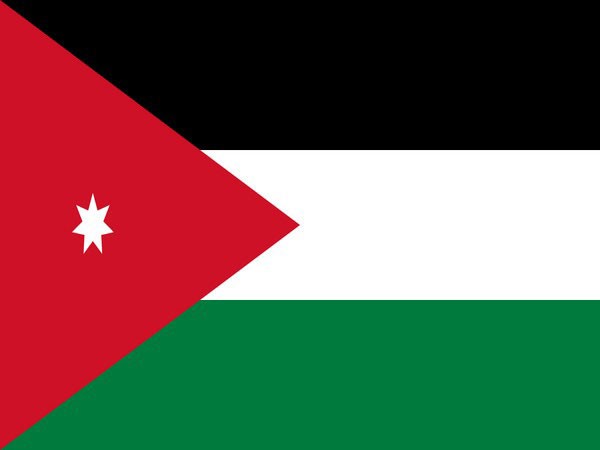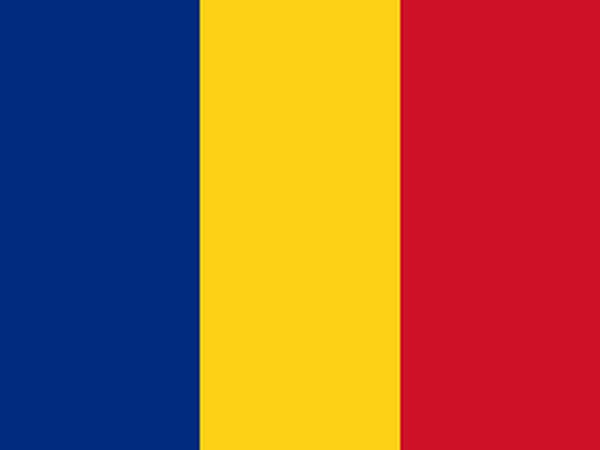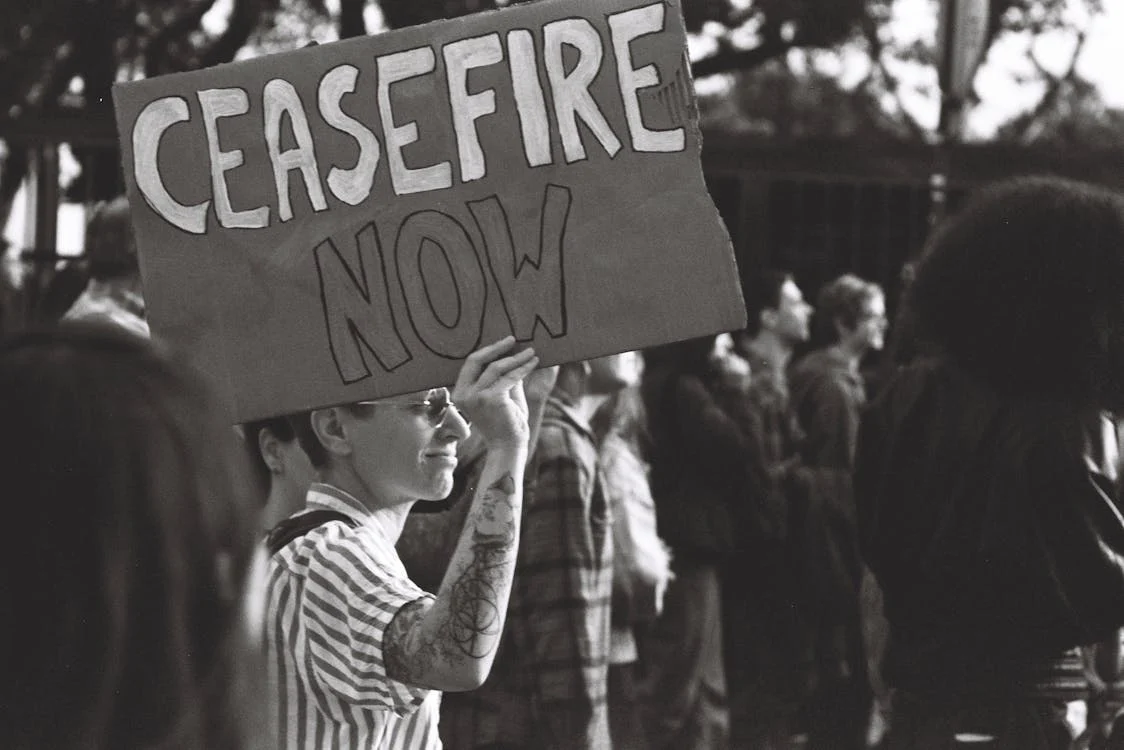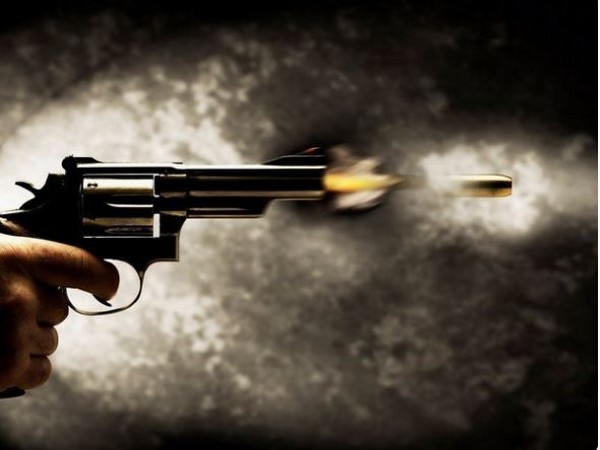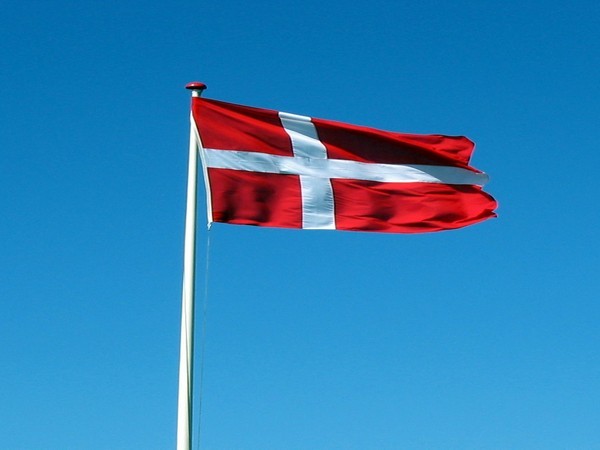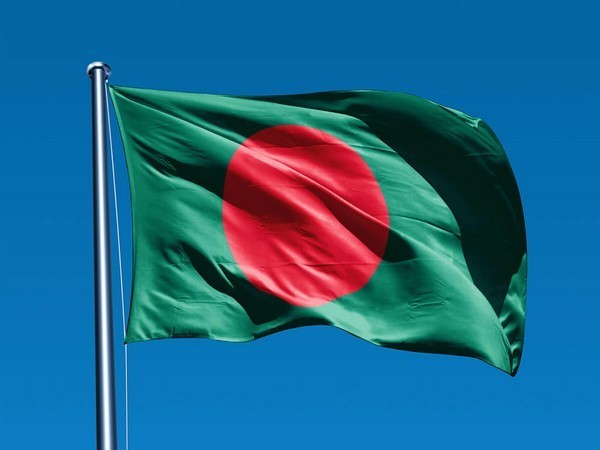
United Nations human rights chief condemns attacks on student protesters in Bangladesh, death toll crosses 100 mark
Jul 20, 2024
New York City [US], July 20: The United Nations human rights chief on Friday called the attacks on student protesters in Bangladesh "shocking and unacceptable," as the death toll from the crackdown by authorities crossed the 100 mark.
Almost daily demonstrations broke out at the beginning of July against plans to reintroduce job quotas for public sector jobs, which were abolished in 2018 after earlier student protests.
The students are demanding a merit-based system.
"I am deeply concerned by this week's violence in Bangladesh, resulting in reports of dozens of deaths and hundreds of injuries. The attacks on student protesters are particularly shocking and unacceptable," UN human rights chief Volker Turk said in a statement.
"There must be impartial, prompt and exhaustive investigations into these attacks, and those responsible held to account," the statement continued.
Turk said he was very worried about reports of the deployment of paramilitary police units, which he said have "long track records of violations."
He urged the government to take measures to ensure the safety of students in peaceful protests and to guarantee the right to freedom of assembly without fear of attacks.
Violence continued in the capital Dhaka on Friday as several hundred student demonstrators blocked roads and clashed with police, the day after the bloodiest day of the protests.
Police fired tear gas to scatter protesters in some areas, journalists from Reuters news agency said. One reporter said many fires could be seen across the city.
A tally by AFP news agency, based on victims from hospitals around the country put the death toll at 105, late Friday. They included at least 52 people killed Friday, according to a list drawn up by the Dhaka Medical College Hospital.
The government has not released a figure for the number of dead.
Also Friday, Dhaka's police force banned all public gatherings for the day - a first since the protests began.
Demonstrators storm jail in central Bangladeshi district
A group of demonstrators stormed a jail in the central Bangladeshi district of Narsingdi, freeing hundreds of inmates and setting the facility on fire, AFP news agency reported, citing a police officer.
Trains services were suspended nationwide, communications networks were disrupted and television news channels, including the state broadcaster BTW, fell silent.
The official websites of the central bank, Prime Minister Sheikh Hasina's office and the police appeared to have been hacked by a group calling itself "THE R3SISTANC3," Reuters reported.
Ruhul Kabir Rizvi, a senior leader of the main opposition Bangladesh Nationalist Party, which has backed the protests, was arrested.
Hasina's office late Friday announced a nationwide curfew and deployed military personnel to keep order.
What is Bangladesh's quota system and will it be reintroduced?
The quota system would allow for more than half of public-sector jobs to be reserved for certain groups.
Some 30% of jobs would be set aside for the descendants of ex-military personnel who fought for the country's independence against Pakistan in 1971. A smaller quota would be earmarked for women, the disabled and people from poor neighbourhoods.
Critics say the proposals are discriminatory and will benefit those groups aligned with the Awami League party of Hasina, who has ruled Bangladesh with an iron fist for the past 15 years.
Competition for stable and lucrative public-sector jobs in Bangladesh is fierce. Each year, some 400,000 graduates compete for around 3,000 jobs in the civil service exam.
The quota system is potentially being reintroduced after the High Court last month overturned a ban when relatives of the 1971 veterans filed petitions.
That ruling was suspended by the Supreme Court pending an appeal hearing scheduled for Sunday.
On Wednesday, Hasina urged protesters in a televised address to "wait with patience" for the court verdict, saying that she believes they "will get justice" and "will not be disappointed."
The government also said it had offered to hold talks with the protesters but the call was rejected.
Source: Times of Oman
